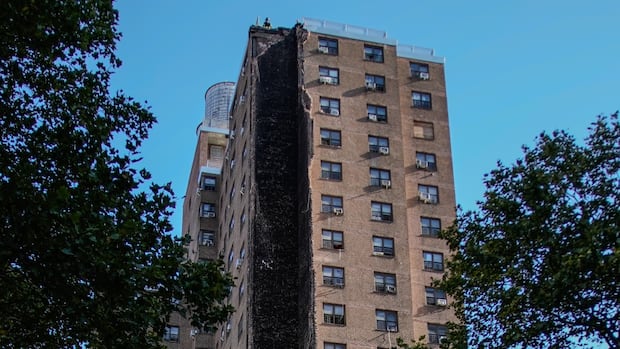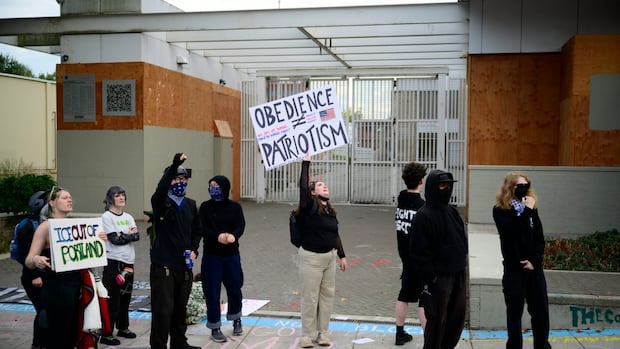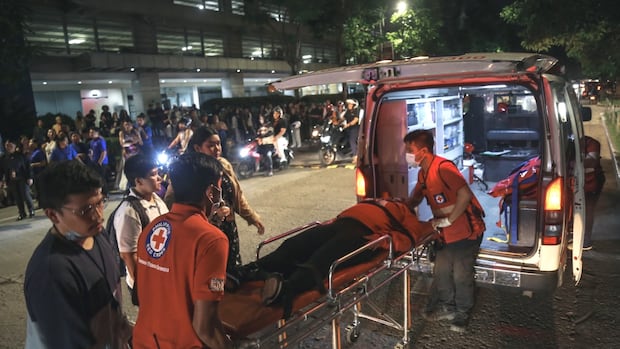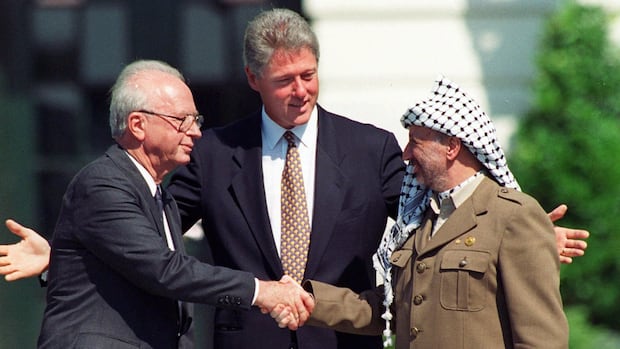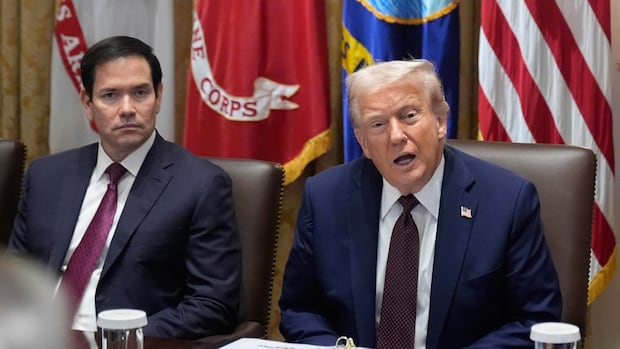Moldova's pro-European ruling party won a resounding victory over its Russian-leaning rival in a key parliamentary election, results showed on Monday, a major boost for the country's bid to join the European Union and break away from Moscow's orbit.
The surprisingly strong performance on Sunday by President Maia Sandu's Party of Action and Solidarity (PAS) against the Patriotic Electoral Bloc was a relief for the government and its European partners, who accused Moscow of seeking to influence the vote.
With nearly all votes counted, PAS had won 50.2 per cent, versus 24.2 per cent for the Patriotic Bloc, which had sought to steer Moldova — a small former Soviet republic wedged between Ukraine and EU member Romania — closer to Russia.
Some polls leading up to the election put PAS and Patriotic Bloc neck-and-neck, with neither likely to get a majority. The near-final tally by Moldova's electoral commission allows the government to push for its goal of EU membership by 2030.
"The people of Moldova have spoken and their message is loud and clear," António Costa, president of the European Council which represents the EU's 27 member states, said on X.
"They chose democracy, reform and a European future, in the face of pressure and interference from Russia," he added.
Russia denies meddlingIn a joint statement, the leaders of France, Germany and Poland congratulated Moldova "for the peaceful conduct of the election, despite unprecedented interference by Russia, including with vote-buying schemes and disinformation."
Ukrainian President Volodymyr Zelenskyy also hailed Sunday's election result, saying Moscow had failed to "destabilize" Moldova.
Moldova, with a population of 2.4 million people, has long vacillated between Russia and Europe.
The Patriotic Bloc and other opposition groups had sought to tap into voter anger over economic pain and the slow pace of reforms — grievances worsened by what officials say has been widespread disinformation.
Inflation remains stubbornly high at around seven per cent, while Moldovans also shoulder higher costs for imported energy.
Meeting the EU's tough membership criteria will be very difficult for Moldova, one of Europe's poorest countries.
Russia has denied meddling in Moldova's election.
The Kremlin on Monday accused the authorities in Moldova of preventing hundreds of thousands of Moldovans living in Russia from voting in the election.
"Hundreds of thousands of Moldovans were deprived of the opportunity to vote in the Russian Federation due to the fact that only two polling stations were open to them," said spokesperson Dmitry Peskov.
Asked whether Moscow recognized the results, Peskov noted that some political forces in Moldova had spoken of violations.
"First, Moldovans themselves should probably sort this out. As far as we know, some political forces are declaring their disagreement. They're talking about possible election violations," he said.
Around 500,000 Moldovan citizens live in Russia, Russian government officials say.
Just over 4,000 votes were cast in Russia, according to the Moldovan authorities, around two-thirds of which were for the main pro-Russian bloc. By contrast, Moldovan citizens living in Germany cast more than 38,000 votes at 36 different polling stations, most of them in support of the ruling party.
Leonid Slutsky, head of the committee on international affairs in Russia's parliament, said on Telegram there had been "violations of electoral rights and freedoms, large-scale purges of the political space, and blatant falsifications."
"The Sandu regime is leading Moldova down the path of Ukraine."
Opposition figure calls for protestFirst-time Moldovan voter Ana-Maria Orsu, 18, said she had noticed that many young people like her had turned out to cast their ballot.
"I think we have a bright future ahead of us," she said in the centre of the capital Chisinau early on Monday.
PAS leaders had called Sunday's election the most consequential since Moldova's independence from the Soviet Union in 1991.
 Igor Dodon, the leader of the Socialist Party, uses a megaphone to address a small gathering of protesters in front of the country's election commission in Chisinau, alleging electoral fraud. (Daniel Mihailescu/AFP/Getty Images)
Igor Dodon, the leader of the Socialist Party, uses a megaphone to address a small gathering of protesters in front of the country's election commission in Chisinau, alleging electoral fraud. (Daniel Mihailescu/AFP/Getty Images)Sandu's government said Russia had attempted to sway the vote through widespread disinformation and vote-buying.
Stanislav Secrieru, Sandu's national security adviser, said election infrastructure and government websites had come under cyberattack, and that fake bomb threats were called in to polling stations in Moldova and abroad.
By contrast, Russia accused the pro-EU camp in Moldova of attempting to manipulate the outcome of the election.
On Sunday, Patriotic Bloc co-Leader Igor Dodon, a former Moldovan president, called for protests the next day in front of parliament, claiming that Sandu was planning to annul the vote. He did not provide evidence.
Authorities, which had also warned of Russian-backed attempts to stir unrest after the vote, will watch closely to see if Dodon follows through on the threat, and what crowds he can command if he does.


